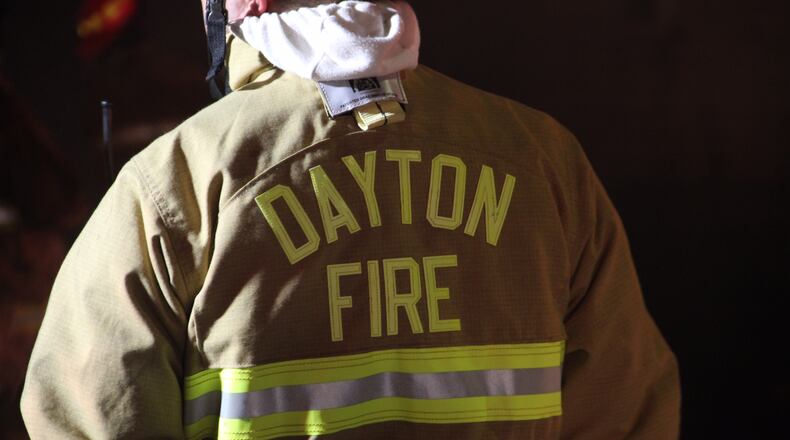“All CARES projects must be completed and paid for by 12/28/20,” said Melissa Wilson, Dayton’s city purchasing agent.
The city was awarded almost $12.4 million in CARES Act money over two rounds of funding. The city expects to receive about $5 million from a third round.
The city’s spending plan for the first two rounds of money calls for:
- $5.86 million for public safety and first responders
- $2.08 million for community assistance
- $1.62 million for facilities and infrastructure
- $1.58 million for technology
- $856,700 for sanitization
- $342,500 administration and miscellaneous costs
A recommended spending plan and budget is still being finalized for the third round, but will likely include expenditures on community assistance, crucial goods and services and possibly reimbursements for public safety personnel costs, said Wilson.
CARES Act dollars must be used for projects and programs that help prevent the spread of COVID-19, protect health workers and first-responders from infection, mitigate the impacts of the virus on the public or aid compliance with social distancing and safety recommendations and regulations, Wilson said.
The city this week approved acquiring cleaning equipment (called turnout gear extractors) for the fire department to remove contaminants related to the pandemic.
Dayton fire crews regularly come into contact with potential COVID-19 patients, and their gear needs to be cleaned and decontaminated using special washing machines, said Dayton fire Capt. Brad French, the department’s public information officer.
Right now, only four of the fire department’s 12 stations have these specialized washing devices, and the city is using CARES money to install the equipment at all of the facilities, he said.
This week, the city also approved buying a cot, loading system, chest-compression systems and monitoring and defibrillator equipment. The equipment will be used in a new ambulance the city is buying with CARES money for more than $250,000.
Run volumes have been high during the pandemic, and the new ambulance will give the department extra flexibility and will help with “surge capacity” if there is a spike in pandemic-related calls, French said.
The city also is buying computer equipment, work stations, servers, accessories, electronic signature software and licenses to help employees work from home. Additionally, the city is spending $334,785 to buy street barriers, a trailer and hauler to help with security at events during the pandemic.
Last week, the city approved an $800,000 contract with Bilbrey Construction Inc. for design-build services to redesign and rebuild the mezzanine area of City Hall, with safety and social distancing in mind.
The city also sent out a bid seeking companies to install thermal cameras and kiosks so that city staff and visitors can get temperature readings. Currently, guards take people’s temperatures, but this will automate the process, Wilson said.
The city also is planning to buy touchless water fountains, faucets, flush valves and soap and paper towel dispensers to reduce the likelihood that the virus will spread via high-touch surfaces.
The city issued a bid seeking companies to apply antimicrobial paint to the inside of police facilities and the public safety building, which will make surfaces resistant to viruses, bacteria and fungi, Wilson said.
“Public facing areas where the most direct contact with other individuals and were chosen as Tier 1 (top priority) locations,” Wilson said. “These locations have high volume and require regular sanitization.”
About the Author

